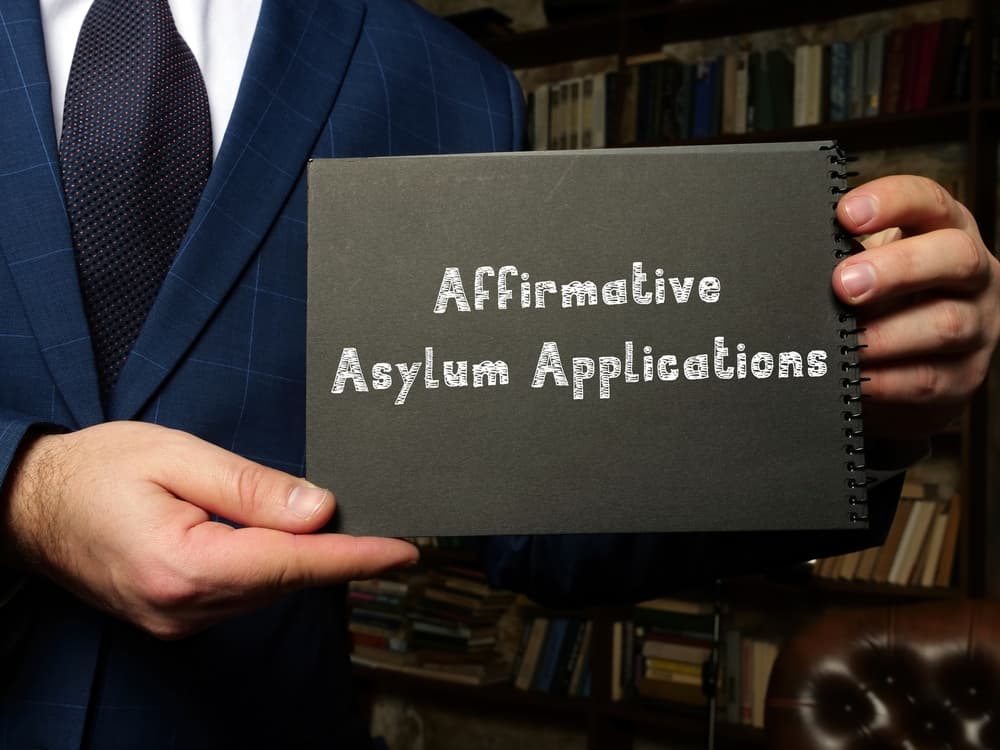If you meet the international definition of a “refugee,” you may apply for asylum if you are already in the United States or arriving at the border. Your chances of success depend on the situation in your home country, and the approval of your application is by no means automatic.
You should always have assistance from an immigration law attorney if you are seeking asylum in the United States. The right legal representation can improve your chances of obtaining refuge and securing your safety in the U.S.
Under the United Nations Convention Relating to the Status of Refugees, you may qualify as a refugee when you are “someone who is unable or unwilling to return to their home country due to past persecution or a well-founded fear of future persecution.” Under the Convention, you cannot be returned to your home country when your life or freedom will be in danger. The United States is a signatory to the Convention, so qualifying as a refugee in this country is a basic human right that you have.
Discuss your potential eligibility as a refugee with a Florida immigration lawyer immediately.
How to Apply for Asylum in the United States

You may apply for asylum in the United States by filling out the Form I-589. You can file the form online if you are not already in removal proceedings. If you are in removal proceedings, you will request asylum directly from the immigration judge. If not, you must file your application for asylum in the United States within one year after your arrival here. In other words, you cannot seek to convert your status to refugee if you have already been present in the country for quite some time.
When you seek to qualify as a refugee, you have the burden of proof to show you meet the definition. You must provide evidence to justify your need for asylum, specifically what you encountered in your home country in the past or what you expect to face in the future. You must make a persuasive case for your application to be approved.
Some evidence you can use in your favor includes:
- Police reports that document the persecution that you endured in your home country
- Statements from family and friends who are familiar with your personal experience
- Any official documents from your government that demonstrate your fear of persecution based on your race, religion, nationality, political opinion, or membership in a particular social group
- News articles about conditions in your home country
Remember that persecution does not necessarily have to stem from your home country's government due to your political beliefs. For example, other citizens might persecute you based on your sexual orientation if the prevailing attitudes in your home country are extremely negative, and you might be at risk of physical danger. There is no definition of “persecution” in the Convention, but you may be persecuted in different ways based on your membership in a particular class.
Who May Not Qualify for Asylum in the United States?
Under the Convention, there are reasons why you may not qualify for asylum in the United States, even if you meet the definition of refugee. The exclusions are as follows:
- You have committed a crime against peace, a war crime, or a crime against humanity
- You have committed a serious non-political crime outside your country of refuge prior to your admission to that country as a refugee
- You are guilty of acts contrary to the purposes and principles of the United Nations (for example, you may have persecuted others in your home country)
In other words, your criminal record, both in the United States and any other country (besides your home country), may be an issue when you seek asylum here. Ultimately, if you meet the definition of a refugee, whether your application is successful depends on what is considered a serious non-political crime.
Affirmative Asylum in the United States

If you have not been charged with or convicted of a crime, you can apply for affirmative asylum in the United States. You can submit this application to USCIS when you are not already in removal proceedings. They may grant your request if they determine that you are a refugee and you otherwise meet the requirements for asylum. If your request is denied and USCIS initiates removal proceedings because you are not legally in the country, your case will be handled by an immigration law judge. The court system has the final say over whether you are considered a refugee and can remain in the United States.
Defensive Asylum in the United States
You may sometimes qualify for asylum when your ability to be here is threatened under other grounds. If you are facing removal or your visa in another category has expired, you may seek to convert your status by applying for asylum. The United States cannot send you back to your home country if you are a refugee. This type of asylum is known as “defensive asylum,” and you raise it to an immigration judge during removal proceedings.
The Benefits of Asylum in the United States
When you qualify for asylum, you have the legal right to be present in the United States. Immediately, you can also work legally in the country, and it can be easier for you to find employment because employers need to verify your immigration status before they hire you. If you have been granted asylum in the United States, it may even be possible to petition to have your spouse and children under the age of 21 join you in this country.
As you can see, there are very high stakes when applying for asylum. An immigration lawyer can review your case and advocate for you throughout the process. You should certainly contact an immigration law attorney when facing removal proceedings that you need to fight, possibly by trying to convert your status by applying for asylum. It is even more important to have an immigration law attorney working for you, as asylum standards may tighten in the near future.